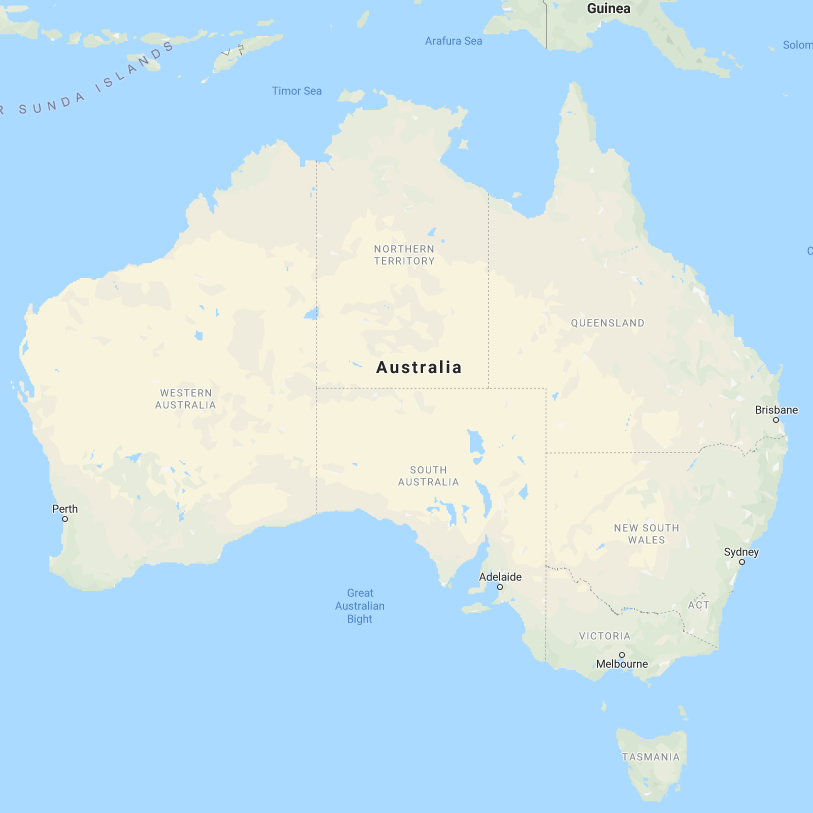

Sounds-Write Practitioners Online Training – Term 2, 2021
Online Event
-
- Saturday
- 17th April 2021
- 7.00am
-
- Saturday
- 29th May 2021
- 7.00am
Sounds-Write is a quality-first phonics programme which provides classroom professionals with a comprehensive approach to teaching reading, spelling and writing. It runs from Foundation to Year 2, and can then be fine-tuned throughout Years 3 to 6. It also serves very successfully as an intervention or catch-up programme.
We train teachers and other education professionals on our 4-day face-to-face course, or on our online course. The course materials – the programme manual, lessons, word lists and resources – include everything needed to start teaching Sounds-Write upon completion of the course.
Below is a short video about the online course.
Download more information here
A highly structured, synthetic phonics programme
The programme is designed to provide all practitioners – whether teachers, teaching assistants, educational psychologists, or even interested parents or carers – with a clear understanding of how the English alphabet code works. It is a highly structured, multi-sensory, incremental and code-oriented, instructional approach to teaching children to read and spell. Sounds-Write can be implemented in the classroom with a minimum of planning, preparation and expense, and it offers fast and effective teaching for children at all levels.
The programme contains lesson plans that are clearly structured and easy to follow within a systematic, synthetic phonics programme. It teaches all key elements of conceptual understanding, factual knowledge, and the three essential skills of blending, segmenting and phoneme manipulation that are necessary for learning to read and spell.
Sounds-Write covers it all at every stage
We show how to teach the programme in carefully structured, sequential steps from simple ConsonantVowelConsonant words like ‘sat’, to complex, five- and six-syllable words like ‘personification’. It is designed for the teaching of discrete, daily sessions, progressing from simple to more complex phonic knowledge and skills and covering all the major sound/spelling correspondences. We believe that the alphabetic principle is also taught most successfully by engaging young learners in vigorous, interactive and enjoyable phonics activities situated within a language-rich curriculum.
